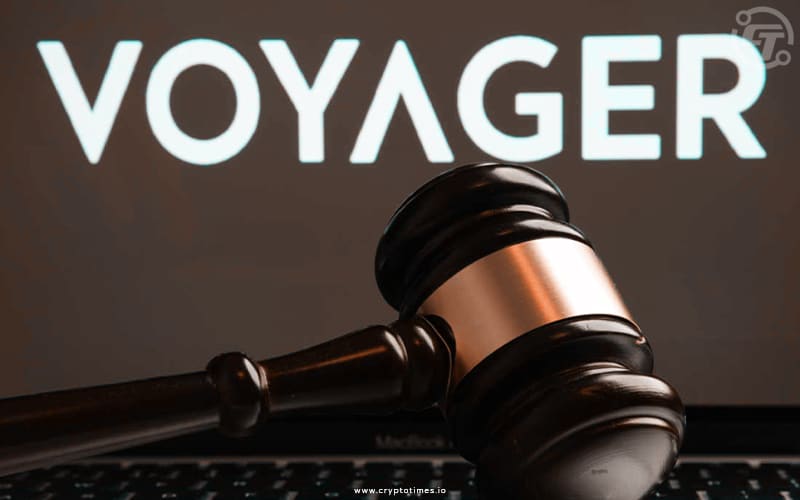Voyager Digital has agreed to a $1.65 billion settlement with the United States Federal Trade Commission (FTC). The agreement, endorsed by Judge Gregory Woods of the U.S. District Court for the Southern District of New York, highlights the intensifying regulatory oversight in this sector.
Settlement Terms and Implications
The agreement restricts Voyager Digital from engaging in certain marketing practices and offering digital asset-related products or services. This decision aims to align Voyager’s operations with regulatory standards and safeguard consumer interests in the unpredictable crypto market.
The settlement, however, does not intersect with Voyager’s ongoing bankruptcy proceedings. The firm filed for Chapter 11 protection in July 2022, citing liabilities ranging from $1 billion to $10 billion. In a previous ruling, the court approved a repayment plan, enabling Voyager customers to recover approximately 35.72% of their claims.
Voyager and its affiliates are now obligated to cooperate fully with the FTC. This includes giving testimonies, participating in legal trials, and being part of the discovery process. Furthermore, Voyager must report on its compliance efforts within a year, which will be under the FTC’s scrutiny.
The FTC’s settlement with Voyager does not close all legal issues for the company and its former executives. The CFTC and FTC have filed separate lawsuits against Stephen Ehrlich, Voyager’s former CEO. These suits accuse Ehrlich of making false statements about the handling and safety of customer funds, charges he has contested.
This settlement indicates the heightened regulatory focus on the cryptocurrency industry, especially concerning consumer protection and adherence to financial regulations. This case mirrors a similar situation involving another crypto lending company, Celsius, which the FTC ordered to pay $4.7 billion. The outcomes of these legal proceedings are being closely monitored, as they are expected to significantly influence the future landscape of cryptocurrency markets and investment strategies.
Also Read:Voyager Digital Self-Liquidates Assets: Creditors Receive Only 36%







